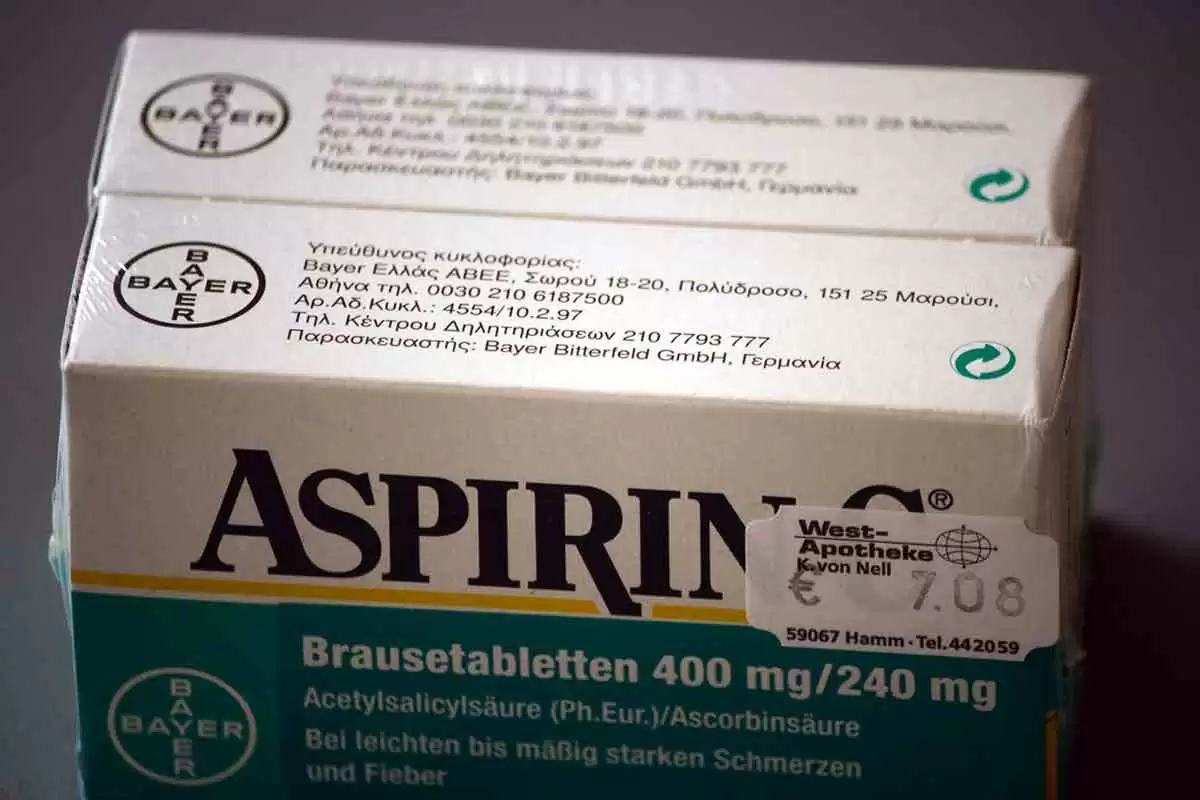
Celiac.com 10/30/2013 - Rates of celiac disease and the use of drugs to inhibit the secretion of stomach acid have both increased in recent decades. A research team recently set out to explore the association between anti-secretory medication exposure and subsequent development of celiac disease.
The research team included Benjamin Lebwohl, Stuart J. Spechler, Timothy C. Wang, Peter H.R. Green, and Jonas F. Ludvigsson. They are affiliated with the Celiac Disease Center at the Department of Medicine at Columbia University College of Physicians and Surgeons in New York, NY.
Celiac.com Sponsor (A12):
For their population-based case control study, the research team looked at data for celiac disease patients diagnosed at any of the pathology departments in Sweden from July 2005 through February 2008.
They matched each patient by age and gender with up to 5 control subjects. They found prior prescriptions for proton pump inhibitors and histamine-2 receptor antagonists in all subjects.
Using conditional logistic regression to measure the association between these prescriptions and the subsequent diagnosis of celiac disease, they also found that patients with proton pump inhibitor prescriptions were much more likely to have celiac disease (OR 4.79; 95% CI 4.17–5.51).
Patients prescribed both proton pump inhibitors and histamine-2 receptor antagonists had an even higher risk for celiac disease (OR 5.96; 95% CI 3.58–9.91) than those who received proton pump inhibitors alone (OR 4.91; 95% CI 4.26–5.66) or histamine-2 receptor antagonists alone (OR 4.16; 95% CI 2.89–5.99).
The data clearly show that patients who use anti-secretory medications are at much greater risk for developing celiac disease following the use of these medicines.
The fact that this connection persisted even after the team excluded prescriptions for anti-secretory medicines in the year preceding the celiac disease diagnosis suggests a causal relationship.
Source:
- Open Original Shared Link






Recommended Comments
Create an account or sign in to comment
You need to be a member in order to leave a comment
Create an account
Sign up for a new account in our community. It's easy!
Register a new accountSign in
Already have an account? Sign in here.
Sign In Now